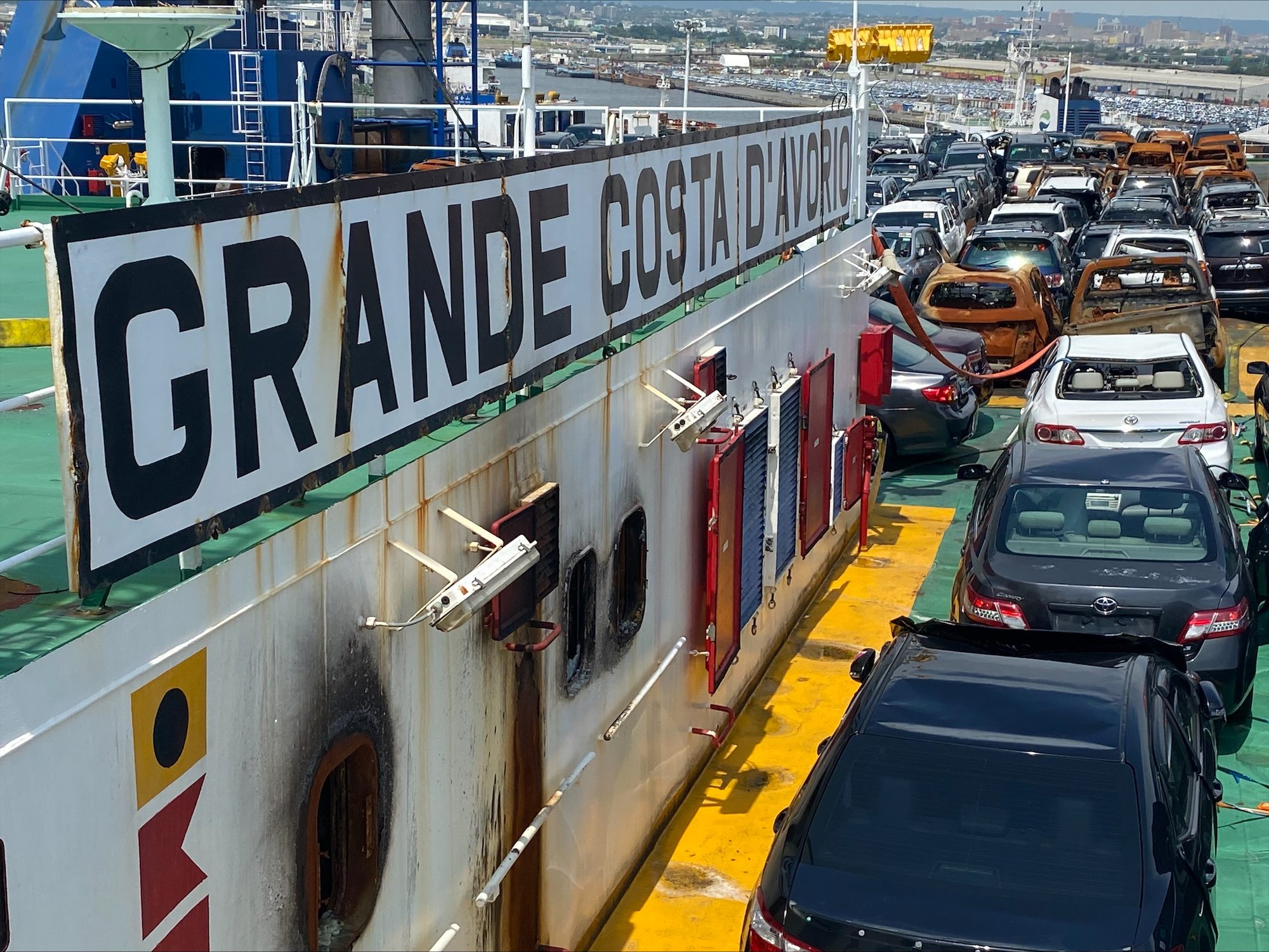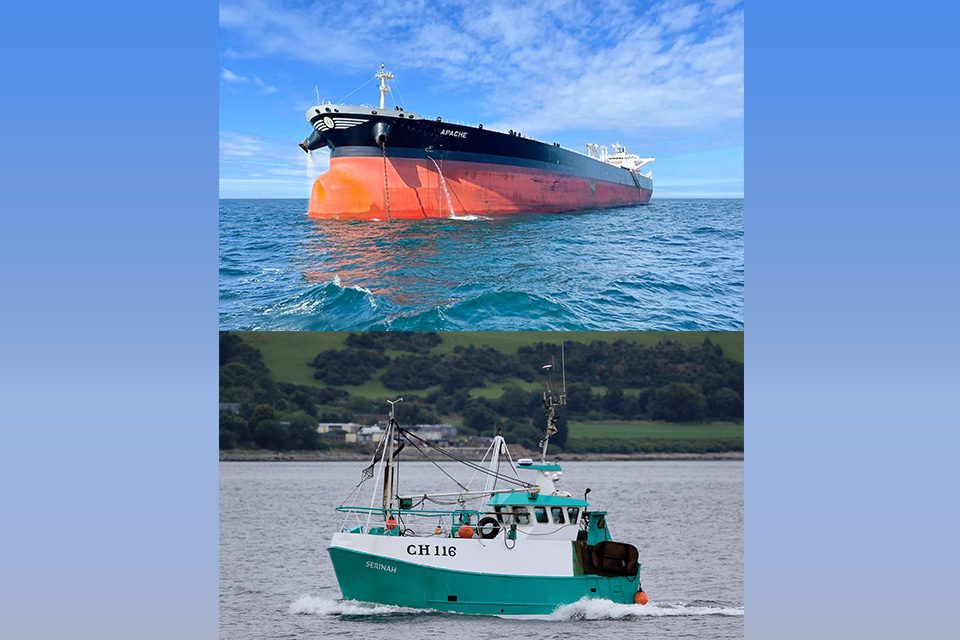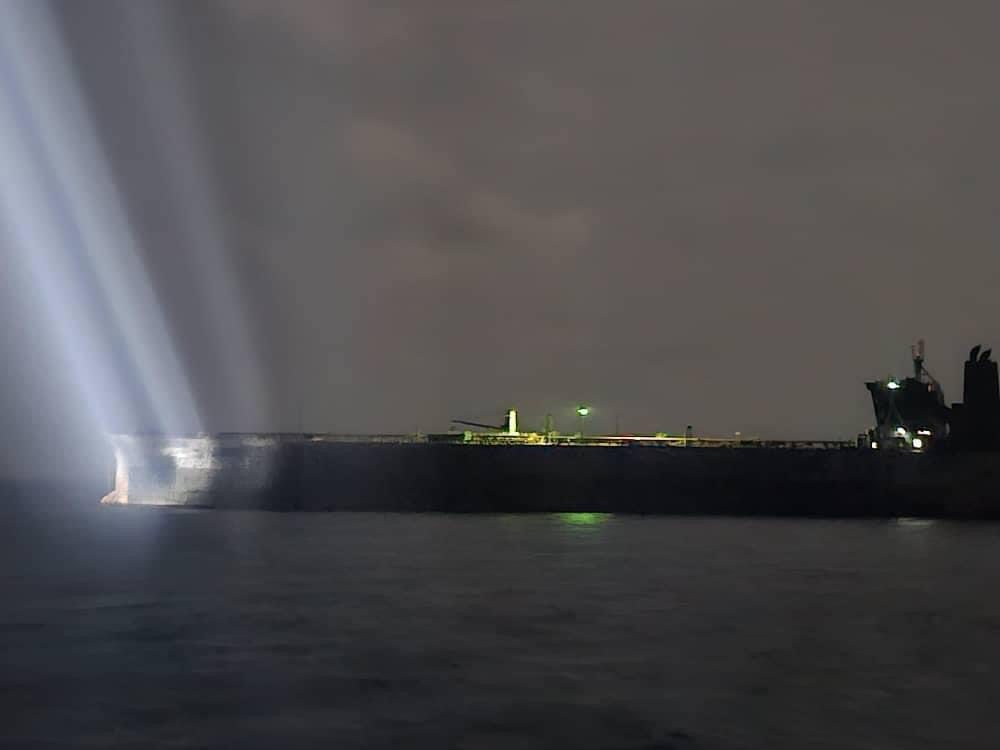The National Transportation Safety Board (NTSB) has released its findings on the July 2023 fire aboard the roll-on/roll-off container vessel Grande Costa D’Avorio at Port Newark, which resulted in two firefighter fatalities and over $23 million in vessel damage.
The investigation revealed that the fire originated when transmission fluid from a modified passenger vehicle, used as a “pusher” for loading operations, overheated and ignited. The NTSB determined that Ports America’s decision to use a passenger vehicle for industrial purposes was improper, as it failed to meet Occupational Safety and Health Administration standards for powered industrial trucks.
The tragedy was compounded by several critical factors. The vessel’s deck 12 hydraulic garage door lacked external operating controls, preventing crew members from safely sealing off the fire zone. This design flaw rendered the vessel’s carbon dioxide fire suppression system ineffective.
The Newark Fire Division’s response to the incident highlighted serious gaps in marine firefighting preparedness. According to the NTSB, firefighters were directed to enter areas where the CO2 system had been activated, contrary to standard marine firefighting protocols. This decision, coupled with the department’s lack of specialized vessel firefighting training, contributed to the fire’s escalation and ultimately led to the loss of two firefighters who became disoriented in the smoke-filled environment.
NTSB: Inadequate Firefighting Training Led to Deaths in Newark Ship Fire
In response to these findings, the NTSB has issued comprehensive recommendations to multiple organizations. The US Coast Guard has been tasked with proposing clarifications to international maritime safety regulations regarding fire boundary controls. The Occupational Safety and Health Administration will need to strengthen enforcement of powered industrial truck requirements at marine terminals.
The recommendations also extend to port authorities and fire departments nationwide. The NTSB is calling for enhanced coordination between ports and local fire departments, emphasizing the need for specialized marine firefighting training and vessel familiarization programs.
Grimaldi Deep Sea, the vessel’s owner, has been directed to conduct a fleet-wide assessment of fire boundary controls and implement necessary modifications. Additionally, port operators Ports America and American Maritime Services must develop comprehensive emergency procedures and training programs for shoreside personnel.
“When ports work with local municipalities in advance to coordinate vessel firefighting response preparedness and training, safety is improved and better outcomes are achieved,” the NTSB noted in its report.
The investigation’s findings underscore the critical importance of proper equipment selection, adequate safety controls, and specialized training in maritime operations. The NTSB’s recommendations aim to prevent similar tragedies by addressing systemic issues in marine firefighting response and port safety procedures.
The NTSB’s findings can be found here. The final report will be published on the NTSB’s website in several weeks.
Editorial Standards · Corrections · About gCaptain

 Join The Club
Join The Club











